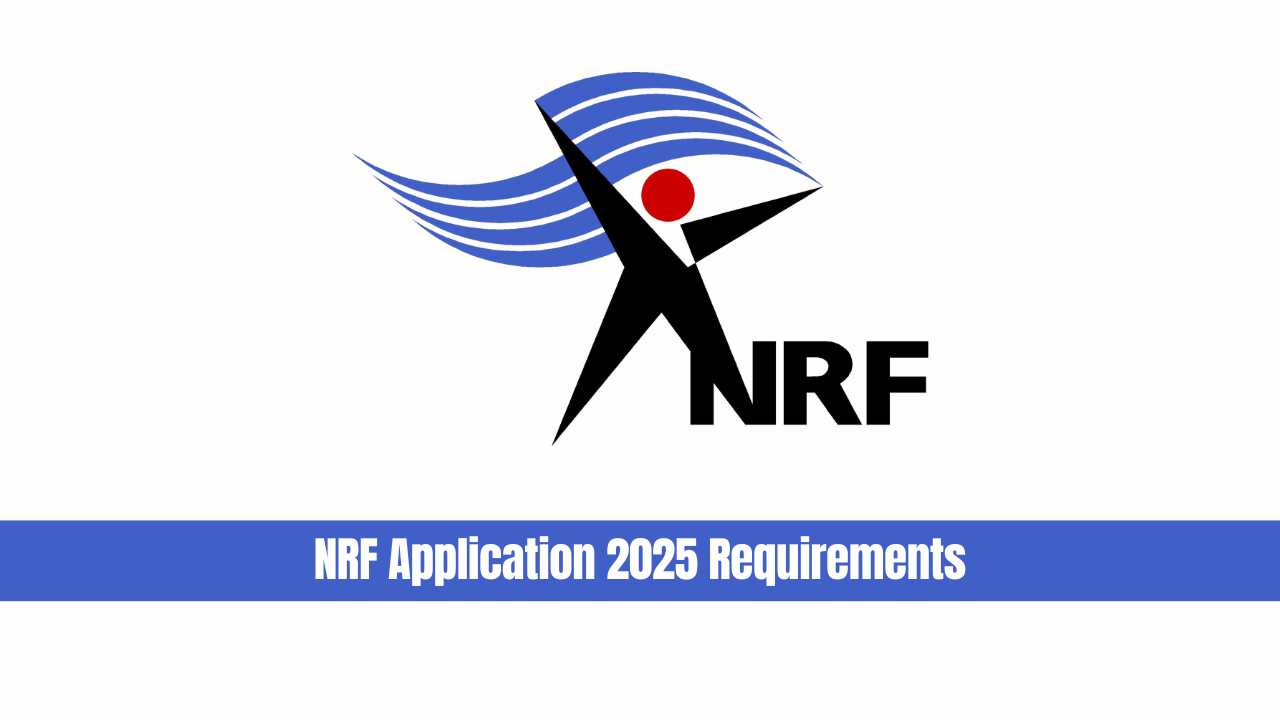How to Write a Motivational Letter for a Bursary. Securing a bursary can be a critical step for students who face financial challenges or have demonstrated exceptional academic performance. Bursaries are financial awards provided to help cover tuition fees and related educational expenses. They are often granted based on various criteria, such as academic achievements, financial need, and personal qualities like leadership and community involvement.
Given the competitive nature of bursary applications, crafting a compelling and sincere motivational letter is essential. This letter serves as your opportunity to make a strong first impression, distinguishing yourself from other applicants by clearly communicating your need for financial assistance and how the bursary will benefit you both financially and professionally.
What Is a Motivational Letter?
A motivational letter is similar to a cover letter for a job application. It outlines your goals, achievements, and qualifications, providing the selection committee with a snapshot of who you are and why you deserve the bursary. This letter plays a pivotal role in the decision-making process, helping bursary providers assess your suitability based on need, merit, or a combination of both.
Top Tips for Writing a Bursary Motivational Letter
- Be Genuine: Clearly and honestly express your financial need. Authenticity is key to convincing the committee of your situation.
- Include Specifics: Mention the institution you are attending and the course you are pursuing. This adds context to your request.
- Highlight Your Goals: Discuss both your educational aspirations and your career objectives. Demonstrating a clear vision for your future can strengthen your application.
- Personalize Your Letter: Avoid generic statements. Tailor your letter to reflect your unique experiences and goals.
- Commit to the Program: Assure the bursary provider that you will meet all the program’s requirements and expectations.
- Use Professional Language: Maintain a formal and respectful tone throughout the letter.
- Attach Necessary Documents: Include your academic results and any other required documents with your application.
- Stay Precise: Keep your content concise and focused, avoiding unnecessary filler words.
- Formal Tone: Maintain a formal tone, but ensure it is engaging and reflects your personality.
How to Write a Motivational Letter for a Bursary
1. Address the Letter Properly
- Place the address of the bursary provider in the top left corner of the letter. Include your name, contact details, and the date of application.
- Start the letter with a formal greeting. If you know the name of the person handling the applications, use it. Otherwise, “Dear Sir/Madam” or “To whom it may concern” are appropriate.
2. State Your Purpose Clearly
- In the first paragraph, explain the purpose of your application. Keep it concise—no more than 2-3 sentences. For example: “I am applying for the [insert company name] bursary program to support my [course of study] for the [academic year].”
3. Highlight Your Educational Background
- The second paragraph should briefly elaborate on your educational background, personal achievements, and current studies. Mention any plans for further education, such as a graduate degree, but keep the paragraph no longer than 3 sentences.
4. Discuss Your Career Goals
- In the third paragraph, describe your career aspirations and how your education aligns with these goals. Explain how the bursary will help you achieve them. While it’s okay to mention the financial circumstances that led to your need, focus more on your future plans. This paragraph can be slightly longer than the others to fully convey your intent.
5. Express Gratitude
- The final paragraph should be short and to the point, expressing your gratitude for the opportunity and consideration.
6. Close Formally
End the letter with a formal closing, such as “Sincerely,” followed by your name.
Additional Tips for Writing an Effective Bursary Motivational Letter
- Be Concise: While it’s important to cover all necessary points, brevity ensures your letter is easy to read and impactful.
- Avoid Filler Words: Words like “really” and “just” can weaken your message. Use precise modifiers to convey your thoughts more effectively.
- Personalize Your Letter: Mention specific plans, such as working for certain organizations or solving issues you’re passionate about, to make your letter stand out.
- Convey Commitment: Reassure the committee that the bursary will significantly contribute to your educational and career goals.
- Maintain a Natural Tone: Your letter should be professional yet approachable. Write as if you’re conversing with a professor or potential employer, not as if you’re writing a script.
- Reflect on Your Need: Consider why you genuinely need the bursary and let that conviction come through in your writing.









